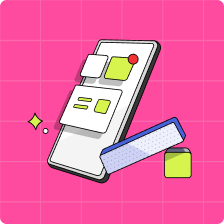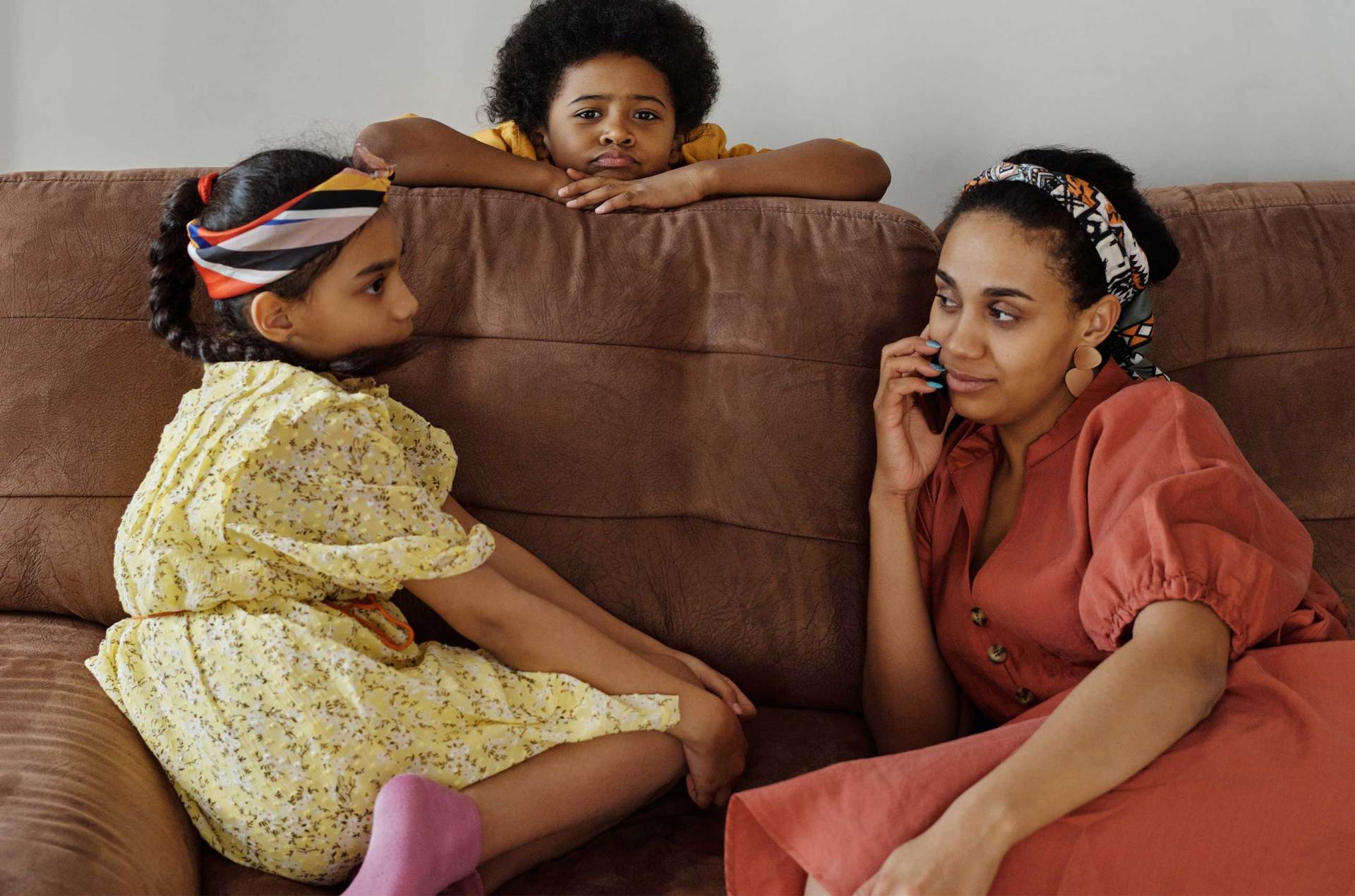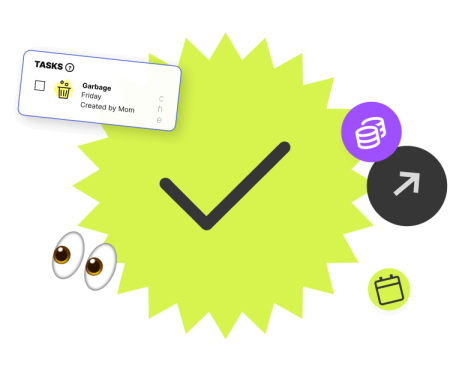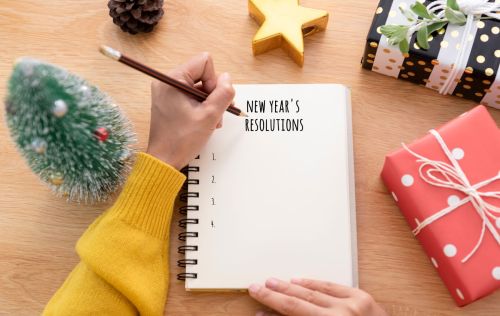Originally posted on RBC’s Discover and Learn
One reason many parents immigrate to Canada is to provide their children with a bright future and better education. While the thought is promising, trying to understand the differences in the Canadian school system and curriculum may be confusing and sometimes stressful.
Katarzyna Jeziorska, her husband Jakob and their two young sons immigrated to Vancouver from Poland in 2014. Getting their children settled in schools in Canada proved to be more difficult than they expected. Part of the challenge was the steep learning curve when it came to understanding how the Canadian school system works. She was anxious about how to navigate the Canadian school system,
“It was stressful because you’re new to a country and there are so many things that need to be taken care of all at once.”
To help you and your family navigate the Canadian school system process, here are some tips and information to consider while reviewing your search.
Choice of school
In Canada, public schools are regulated at the provincial level, so your choice of school depends on the province you live in. Most people in Canada send their children to public schools, although there are many great private school options.
Languages taught in Canadian schools
Canada’s two official languages are English and French and both languages are taught in schools. You have three options when it comes to language:
- An English school, where most of the curriculum will be taught in English.
- A French Immersion school, where the curriculum will be in both French and English.
- A French school, where almost all of the instruction will be in French.
Across Canada, all provinces offer French Immersion schools, English schools, and French schools, but they aren’t always open to all students. For example, in British Columbia you can only send your children to a French school if you speak French at home or if you went to a French school yourself, but anyone can go to an English or French Immersion school in that province.
Also, in Quebec there are rules around who can go to an English school. The rules allow students to go to an English school if certain relatives have attended an English school in Canada. For that reason, most immigrant families would not qualify to send their children to English schools in Quebec.

Cost of schooling in Canada
In Canada, there are public schools, which are free to attend, and private schools, which charge tuition. Public schools include both secular public schools and, in Alberta, Saskatchewan, and Ontario, ‘separate’ Catholic schools that offer students a publicly funded religious education. Private schools also break down into two categories – those that are unaffiliated with religion and parochial schools which teach both religious subjects and secular subjects and sometimes have lower fees than secular private schools.
The cost of private schools in Canada differs greatly. While some schools start under $4,000 a year, typically schools vary in price from $6,000-$12,000 annually. If you want to send your child to a boarding school, it could cost over $40,000 per year. Some schools offer scholarships to help offset the costs.
Learn more about Best ways to save for your child’s education in Canada.
Determining which grade to enroll your child in
When you enroll your children in a Canadian school for the first time, the school board will generally assess your child’s grade level from their country of origin, and assess their academic progress before deciding what grade to place them in. They will also determine whether your child needs English or French language support classes.
Registration and school calendar
In order to register your child in a new school, you should contact your local school board. Some school boards allow parents to have some choice or preference about which school to send their kids to, but most dictate what school your child will attend based on where you live. If you want to get into a particular school, the earlier you enroll your children the better. School registration opens at different times depending on the school board and so you should contact your board to find out.
Jeziorska was lucky that the school that she wanted to send her son to wasn’t a school where there was a lottery held to decide which students get to attend. In Vancouver, the school board allows parents to choose which school to send their kids to and the school is oversubscribed, the uses a lottery to decide who gets to attend.
The school year in Canada starts in September and continues until the summer. Students usually get one or two weeks off over Christmas in December and one or two weeks off in March for a vacation known as March Break.
Read more about Fun and cheap winter activities for kids.
Schools are closed on all bank holidays and also on professional development days – days during the year when schools are closed so that teachers can attend additional training.
Settling into a new school takes time
Starting a new school can be difficult for children. There are new teachers to get used to, new kids to meet. It can be especially hard to adjust when kids move to a different country. If English isn’t your children’s first language, that can make adjusting even more difficult.
Read more about Best daily routine for kids and teens.
While it can take time to get settled into Canada and a new school system, kids are remarkably adaptable. Using the Mydoh app can help them learn about the Canadian financial system and allows them to brush up on their English skills.
No matter what you decide/are comfortable with for this upcoming school year, Mydoh will continue to be here, helping teach kids about money and keeping them busy in those off-school hours. Sign up for Mydoh and begin teaching your kids about financial literacy today. Whether they’re at school part-time, full time, or learning remotely, they’ll be able to earn money by doing chores and learn how to spend and save money wisely – and safely.
Download Mydoh today to learn more.
This article offers general information only and is not intended as legal, financial or other professional advice. A professional advisor should be consulted regarding your specific situation. While the information presented is believed to be factual and current, its accuracy is not guaranteed and it should not be regarded as a complete analysis of the subjects discussed. All expressions of opinion reflect the judgment of the author(s) as of the date of publication and are subject to change. No endorsement of any third parties or their advice, opinions, information, products or services is expressly given or implied by Royal Bank of Canada or its affiliates.

















